“The Jews often willingly accepted their status under Islam because it, in fact, offered a greater degree of legal security than did Christianity. From the time of the destruction of the second Jerusalem Temple in 70 C.E. and the transfer of Judaism’s spiritual hub to the rabbinic academics, Jews saw themselves as a minority people living under the authority of foreign, dominant political regimes. They eschewed pretensions of political sovereignty for themselves as long as they were guaranteed a measure of self-government and religious tolerance. This important strategy for diasporan living made it possible for Jews to adapt to their status as a protected minority within the Islamic world while preserving their own particular religious institutions and traditions [emphasis added as again it is the sign of the Messianic fulfillment].”
“The area around Baghdad, Kufa, and Basra provided an especially fertile ground for Jewish life…the thriving center of Islamic culture…The Institution of exilarch (resh gaulta), the lay leader of the Babylonian Jewish community, grew. Islamic authorities vested the exilarch with the power to assess and collect taxes, dispense justice, and supervise the charitable funds of the community. The famous rabbinic academies at Sura and Pumbedita were located near Baghdad. They were presided over by the Geonim (“the Pride of Jacob”), the religious and intellectual leaders of Babylonian Jewry whose authority was recognized throughout the Jewish world. During this period the forty thousand Jews of Baghdad enjoyed a high degree of religious tolerance, integration within Islamic society, autonomous self-government, and religious interaction with Muslims.”
“Jewish mysticism also flourished in the Islamic Empire especially in the area known throughout Jewish history as Babylonia, which is present-day Iraq [which was filled with idols and paganism before Islam and now embarked to Monotheism as prophesied ‘Fallen is Babylon and its graven idols’ (Isaiah 21:6-9)]. Over the centuries this region, which included the city of Baghdad, produced such diverse personalities as Ezekiel and Hai Gaon. Muslim and Jewish mystics in and around Baghdad and Damascus had close contacts with each other. Some even shared an “interconfessional outlook” – a belief that Judaism and Islam were different but equally valid paths to achieving mystical union with God. There are known instances of Muslims who visibly wore the traditional Jewish head covering under their turbans and professed belief in a universal religion. When one such Muslim sage was asked by a student for spiritual guidance, he responded, “Upon which road, the Jewish, Christian, or Muslim?”
“…Rabbi Moshe ben Maimon, Maimonides (1135-1204), the brilliant Jewish philosopher and legal scholar [born and flourished in Islamic Empire] whose ideas and decisions have shaped all of subsequent Jewish thought and jurisprudence.”
“The accomplishments of the “Golden Age” of Muslim Spain are those of an elite class of courtiers, artists, and intellectuals who lived within a society [of

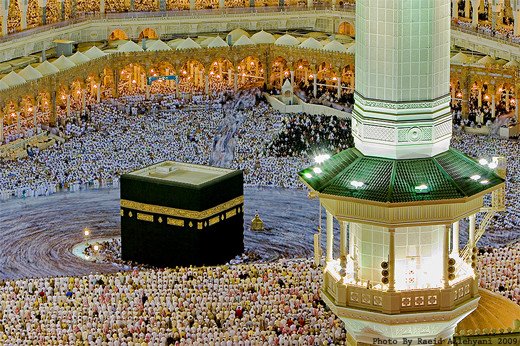
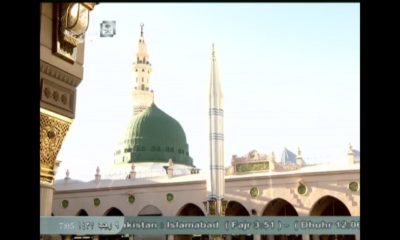


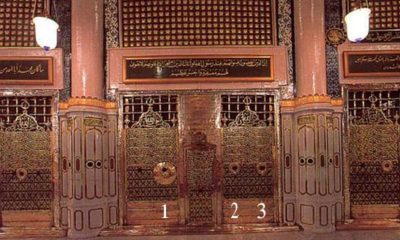
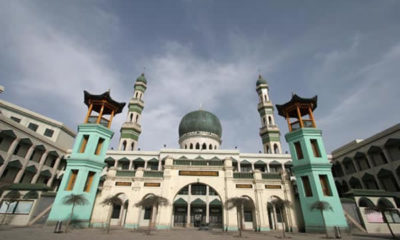
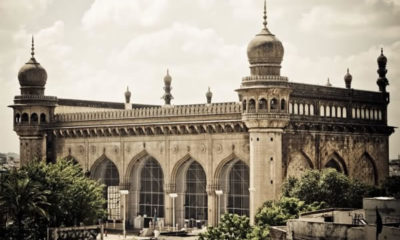
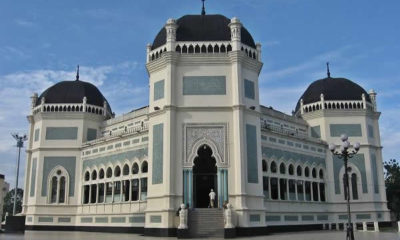
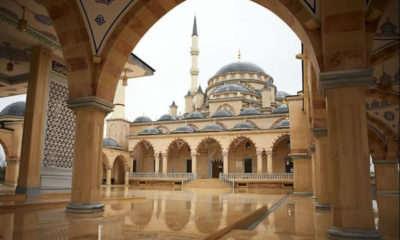

RSS